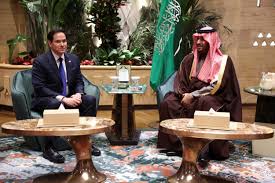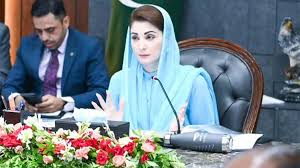Pakistan-China JWG discusses cooperation in Science and Technology

China Economic Net
Islamabad: The second meeting of the Pakistan-China Joint Working Group (JWG) on Science and Technology under the Joint Cooperation Committee (JCC) of the China-Pakistan Economic Corridor (CPEC) was held via video link to discuss cooperation in the field of Science and Technology.
The meeting was co-chaired by Humaira Ahmed, Federal Secretary for Ministry of Science and Technology and Director-General Dai Gang of the International Cooperation Department of the Chinese Ministry of Science and Technology.
The JWG meeting expressed that China and Pakistan are all-weather strategic partners, and that China and Pakistan will work together to deepen cooperation in Science, Technology and Innovation (STI), and provide sci-tech support for the development of CPEC.
Both sides reaffirmed the importance of STI cooperation as a central pillar for the social and economic development of both countries. The Executive Director CPEC Authority appreciated the progress of the CEPC projects and expressed hope that the deliberations of the meeting will result in initiation of some projects in the area of Science and Technology.
The JWG acknowledged achievements made by the Chinese Academy of Sciences and the Higher Education Commission (HEC) in jointly building the China-Pakistan Joint Research Center on Earth Sciences at Quaid-e-Azam University Islamabad.
Furthermore, it commended outcomes achieved by the China Association for Science and Technology (CAST) and Pakistan Science Foundation (PSF) through cooperation in STEM education, China-Pakistan Knowledge Corridor, people-to-people exchanges, and cooperation in science and technology.
It also appreciated Pakistan Engineering Council (PEC) and Chinese Association of Science and technology (CAST) on the progress about the Mutual Recognition Agreement (MRA) for mutual recognition of engineers.
The JWG decided to support the Special Technology Zone Authority (STZA) in the development of Special Technology Zones across Pakistan and also support other programs related to development of knowledge ecosystem, such as training and capacity building of policy-makers on STI, incubation programs and knowledge exchange events.





